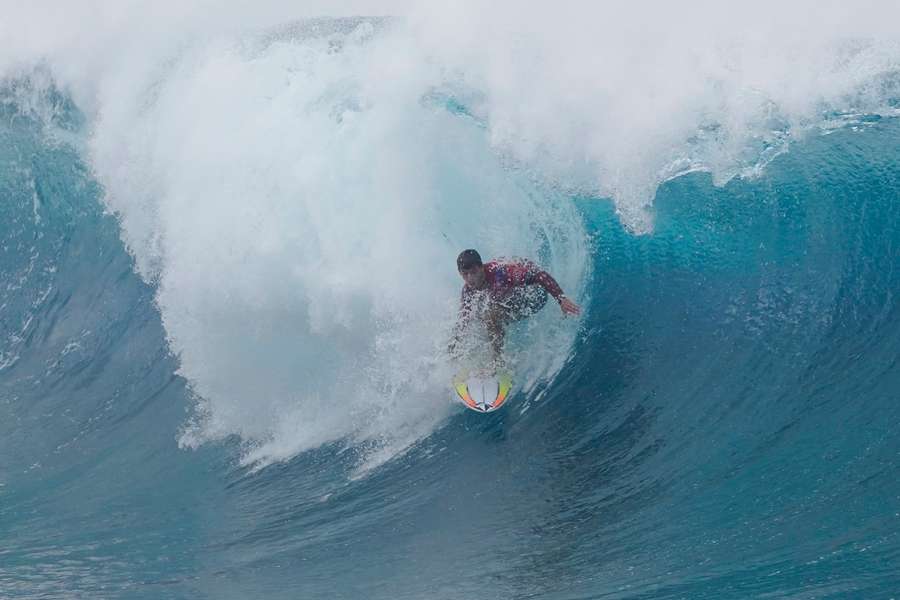Same venue, smaller tower: Olympics stick with Tahiti surf beach

Surfers are due to catch the first waves of the Paris 2024 contests in nine months in Tahiti, some 15,000 kilometres (9,300 miles) from the French capital, but a plan to build a giant tower in a legendary surf spot sparked fierce local resistance.
Several hundred people have been protesting at the site near the beach of Teahupoo - one of the world's most famous surfing areas and the designated Olympic venue - against plans to erect a 14-metre (46-foot) aluminium structure in the water for judges to better assess the competition.
Local associations argued the installation would damage corals beyond repair. An online petition against the project attracted more than 160,000 signatures.
Moetai Brotherson, President of French Polynesia -- which comprises more than 100 islands including Tahiti -- suggested a different spot for the competition, without the need for a tower.
In a statement Friday organisers rejected the idea of ditching the "iconic" surfing spot, saying they had instead agreed with the Polynesian government to build a "more moderate" judges' tower.
The revised installation will match a previous wooden tower in size and weight, reducing the weight on the foundations. This, in turn, would reduce the depth of drilling, the statement said.
Organisers also promised to work with local experts to minimise the risk to corals. Some coral reefs would be moved for their protection during the construction work, they said.
French Polynesia is one of several French overseas territories that span the Caribbean and the Pacific and give Paris a global footprint unmatched by any other European nation.
Surfing made its bow as an Olympic sport at the Covid-delayed Tokyo Games, when it was held on Tsurigasaki Beach on mainland Japan, and France was keen to keep it on the roster.
France's Atlantic coast hosts some of Europe's most famous surfing beaches and local officials had been hopeful of hosting the event.
When Tahiti was selected as the surfing site, dignitaries in coastal resorts in mainland France, such as Biarritz, were unimpressed –- not least because of the cost and the carbon emissions involved in putting a chunk of the Olympics on in the South Pacific.

